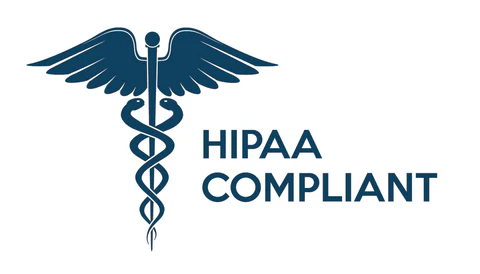As a dermatologist, it is important to maintain the privacy and security of your patient’s information while marketing your practice. This is where HIPAA compliant digital marketing comes in. HIPAA, or the Health Insurance Portability and Accountability Act, is a federal law that establishes national standards for protecting the privacy and security of patients’ medical records and personal health information. This law applies not only to medical records but also to digital marketing practices of healthcare providers, including dermatologists. To ensure your digital marketing strategies are HIPAA compliant, there are several key steps that you should take. These include:

- Obtaining Patient Consent: Before using a patient’s information for marketing purposes, you must obtain their written consent. This includes consent for email marketing, social media advertising, and other forms of digital advertising.
- Implementing Technical Safeguards: Use secure website forms, encrypted email, and secure web hosting to protect patient information. Additionally, ensure that your employees are trained on proper handling of patient information.
- Maintaining Accurate and Up-to-Date Patient Information: Keep email lists and other contact information current and remove outdated information promptly.
- Ensuring Transparency: Be transparent with your patients about your marketing practices and how their information will be used.
- Regularly Reviewing Your Policies: Review your digital marketing policies regularly to ensure that they are up-to-date and compliant with HIPAA regulations.

By following these steps, you can protect your patient’s privacy while still effectively marketing your dermatology practice. HIPAA compliant digital marketing will help build trust with your patients and potential patients, ultimately leading to a stronger and more successful practice.

